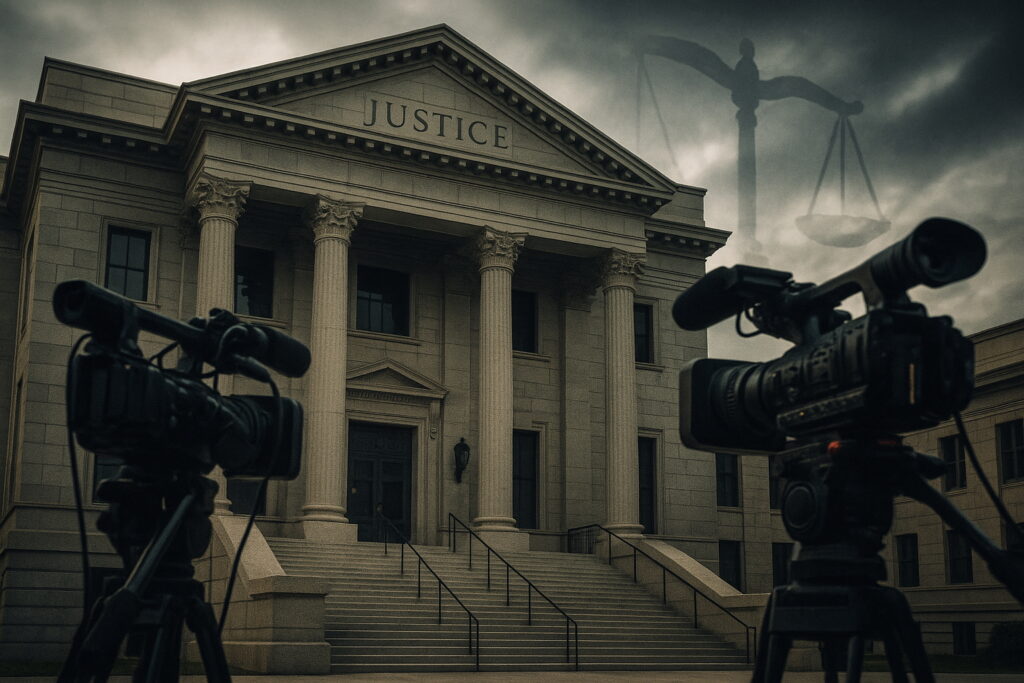
You’d have to be living under a rock not to have heard about the killing of Charlie Kirk. The headlines, the speculation, the politics — it’s dominated the news cycle.
But what’s not getting enough attention is the legal side: the charges prosecutors filed, the choices they’re making, and why this case is unfolding in a Utah courtroom rather than under federal jurisdiction. That’s where the real story lies.
The defendant, Tyler James Robinson, has been charged in Utah state court with aggravated murder, use of a firearm, and obstruction of justice.
Under Utah law, aggravated murder is a capital offense. That means prosecutors could pursue the death penalty. If they file a death penalty notice, the trial changes dramatically:
So when you hear “capital offense,” it’s not just a label. It changes everything, from procedure to timeline, and it can commit the state to a decade-long process.
With the FBI involved, some assume this case should be federal. But federal jurisdiction requires specific conditions:
So far, none of those apply. That’s why Utah is handling the case — and why cameras will likely be in the courtroom. Federal courts don’t allow televised proceedings. Utah does. That transparency means the public will watch this trial play out in real time.
For context, consider Timothy McVeigh, the Oklahoma City bomber. His case went federal because the attack destroyed a federal building, killed federal employees, and involved explosives regulated under federal law. Unless similar jurisdictional “hooks” are present, cases like Robinson’s stay with the state.
This case also exposes a gap in federal law. The U.S. doesn’t have a broad domestic terrorism statute for politically motivated violence. Instead, we have a patchwork of hate crime laws, statutes for crimes against federal officials, and narrow terrorism-related provisions.
That means even though Kirk was a national figure, his killing is being treated under state law — just like any other homicide. That’s not a mistake. It’s the system we have.
The case is shocking and emotional. But the defendant is still entitled to a defense. The presumption of innocence still applies.
The prosecution must prove its case through admissible evidence — surveillance video, ballistics, digital records, witness testimony. And if they cut corners, mishandle evidence, or shortchange the defense, the system risks creating grounds for appeal or even wrongful conviction.
That’s not a loophole. That’s the foundation of due process. And when outrage replaces process, we all lose the protections that shield us from government overreach.
The implications stretch beyond Utah. This trial will shape how people think about political violence, free expression, and whether ideology hovers in the background of courtroom arguments.
Because it’s likely to be televised, the entire country will watch these debates unfold. Transparency can build trust — or it can devolve into spectacle. Which way it goes depends on how tightly the judge controls the proceedings.
Here are the big questions:
Violence in response to speech undermines democracy. It chills expression and deepens polarization. The legal system must respond firmly — but fairly.
Because if due process breaks down in the most charged case of the decade, that precedent won’t stop with this one defendant.
Charlie Kirk’s killing is tragic. The charges are serious. But how Utah handles this case will shape the conversation about violence, speech, and the rule of law for years to come.
Don’t just follow the outrage. Follow the process. Watch how the law is applied. Because if it breaks down here, it won’t stop here.
Your rights matter. Protect them.